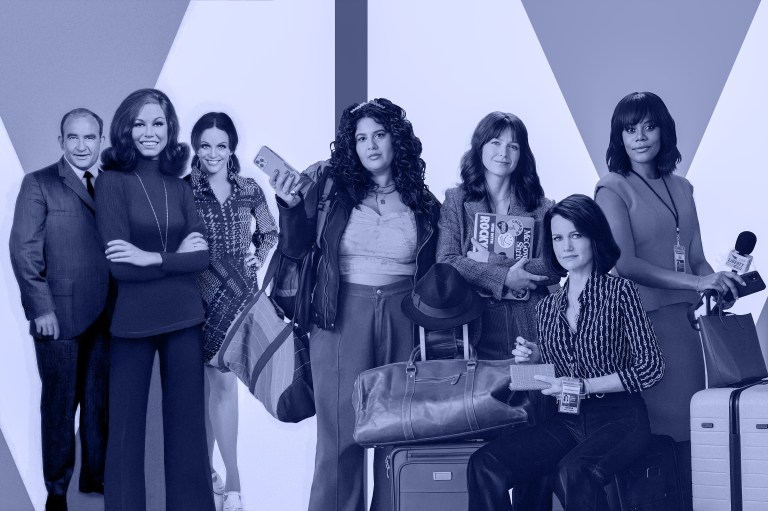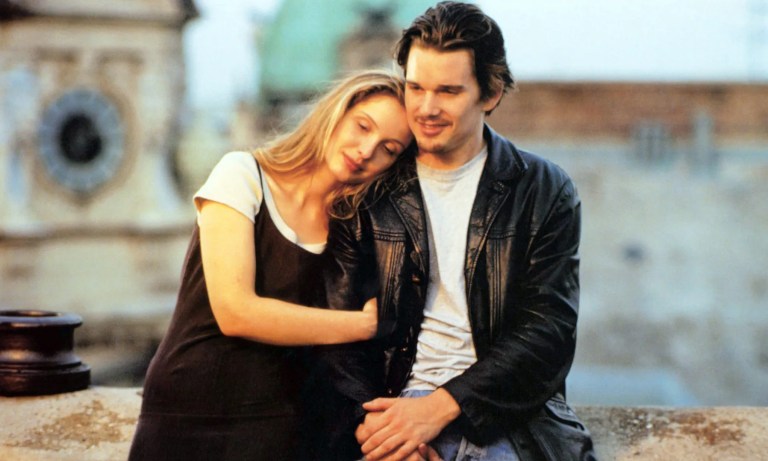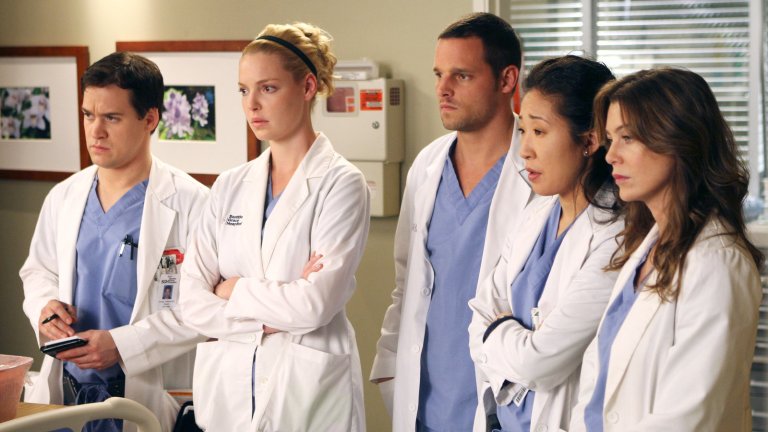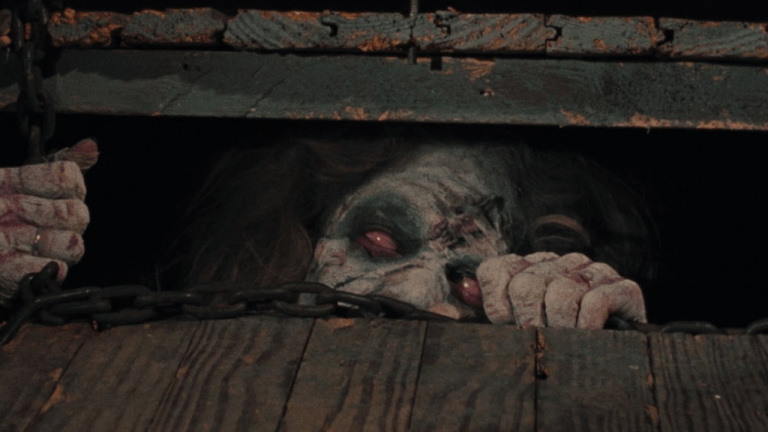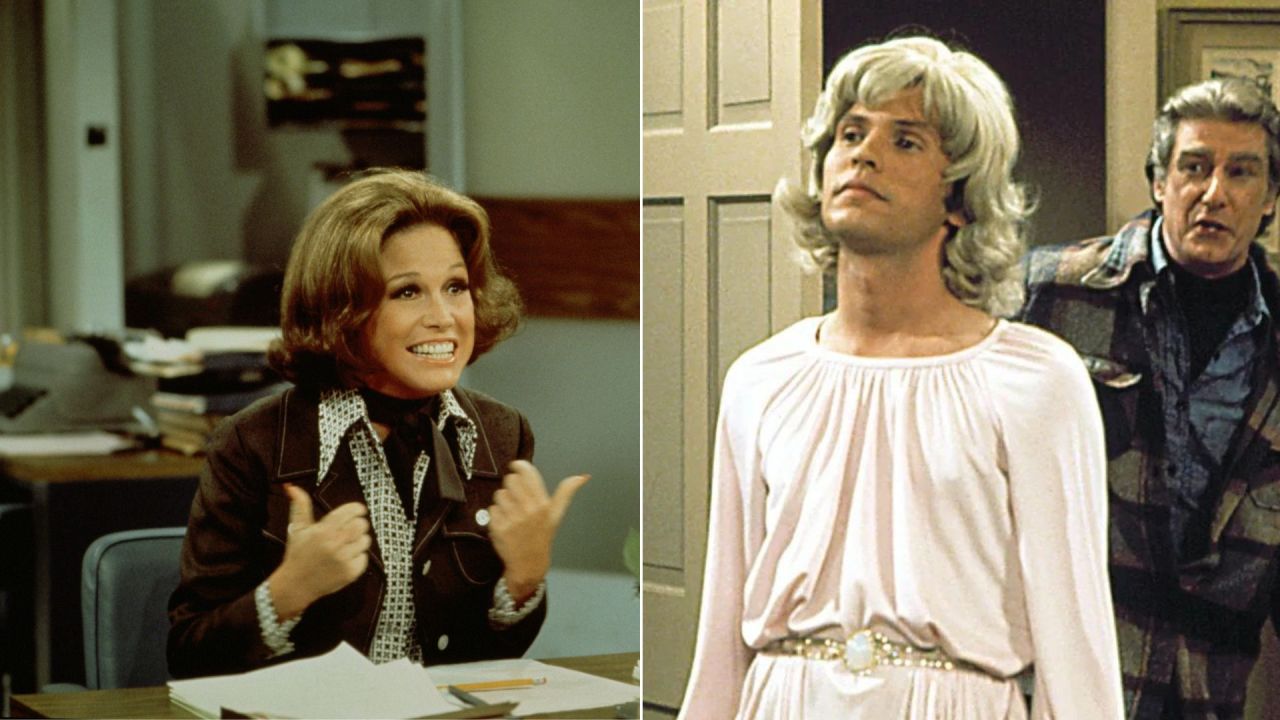
The 7 Best Sitcoms From The 1970s — And Where To Stream Them
For when you need a touch of fun, irreverence, and an unflinching look at the changing American landscape, look no further than TV shows from the 1970s.
TV shows of the 1970s dared to cover social topics that few could handle in decades prior. Here are the top 7, plus where to watch them.
Sitcoms have a long and rich history in the context of pop culture, dating all the way back to the glory days of I Love Lucy and The Honeymooners in the 1950s. A reflection of the decade they were produced within, these series had a way of keeping up with modern culture, integrating the ongoing social trends of their day into each of their many episodes.
That being said, how many decades were as culturally diverse as the 1970s–a decade marred by rapid advancements in technology, the slow decline of the peace-loving hippie movement, and political controversies left and right? Just as the ‘70s themselves proved an eventful period in international and domestic politics, television underwent a similar transformation, shying away from the traditional family values of the ‘50s and ‘60s, and weaving in more unconventional thematic topics related to race, war, the LGBTQ+ community, and teenage angst.
All in the Family
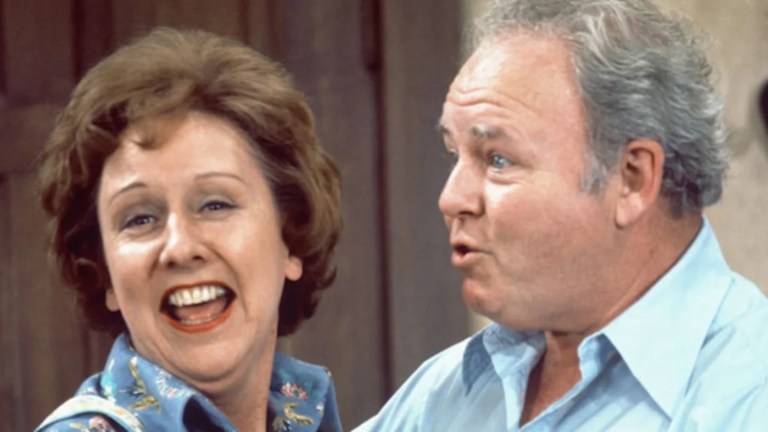
Paving the way for later series like Seinfeld, All in the Family made a habit of exploring difficult-to-broach talking points, many of which reflected the changes brought on by the 1970s. Set in an average blue-collar American household, All in the Family illustrated the profound range of differences between conservative baby boomers like the famously coarse Archie Bunker (Carroll O’Connor) and his more liberal family members. As funny as it was thought-provoking, All in the Family handled each of its thematic issues with surprising poignancy, whether discussing racism, feminism, anti-Semitism, extramarital affairs, or the Vietnam War. Watch All in the Family on FreeVee.
M*A*S*H
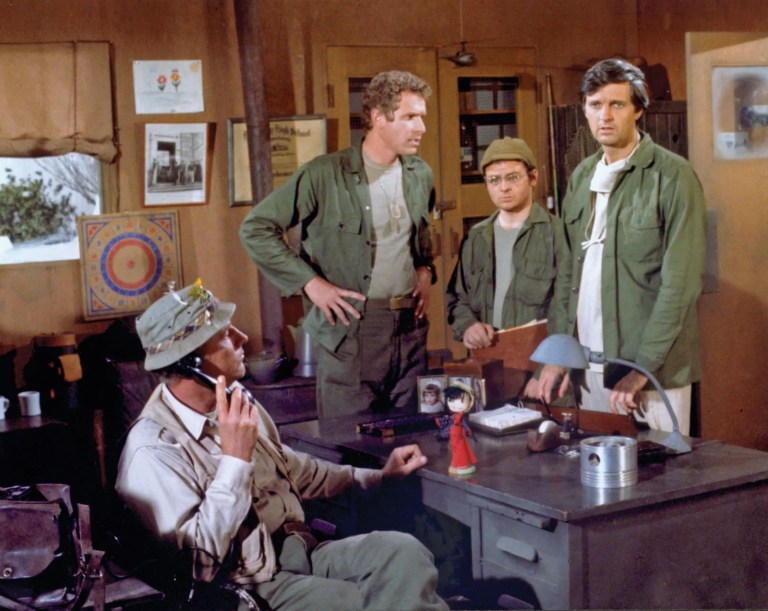
Given how singularly fantastic Robert Altman’s version of M*A*S*H had been in 1970, it seemed like it would take a truly spectacular TV show to live up to the aforementioned film. Fortunately, 1972’s M*A*S*H shattered everyone’s expectations, ushering in a wartime TV show that toed the line between comedy and drama. Satirizing military bureaucracy and frequently pointing out the utter absurdity of life on the battlefield, M*A*S*H made for a profoundly humanistic TV show, supporting the idea that we’re all still people at the end of the day, regardless of our individual nationalities or the color of our uniforms. Watch M*A*S*H on Hulu.
The Mary Tyler Moore Show
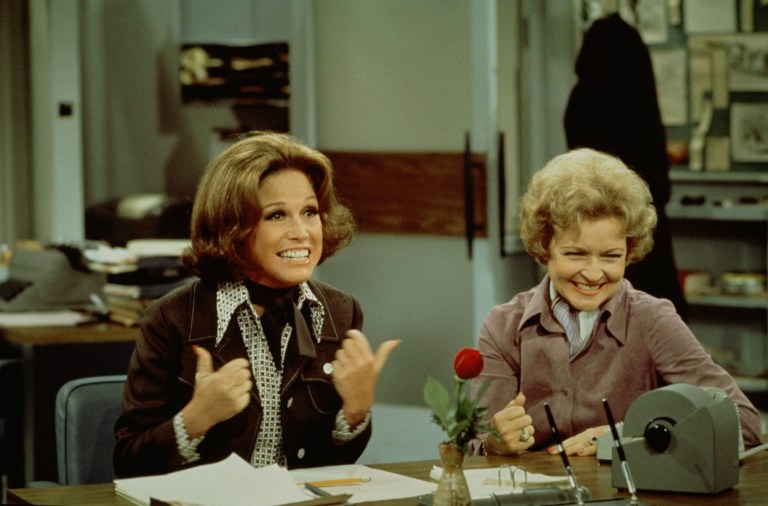
Perhaps the most revolutionary TV series since I Love Lucy 20 years prior, The Mary Tyler Moore Show went hand-in-hand with new topical discussions happening in larger pop culture–namely, the idea that a female comedian could have her own sitcom. Breaking pre-established norms when it came to female representation, Mary Tyler Moore’s lead character personified the rapid social changes of the 1970s, often leading her to clash with her more traditional-minded coworkers. With discussions ranging from casual dating to equal pay in the workplace, The Mary Tyler Moore Show wound up being a groundbreaking series in more ways than one. Watch The Mary Tyler Moore Show on Hulu.
The Bob Newhart Show
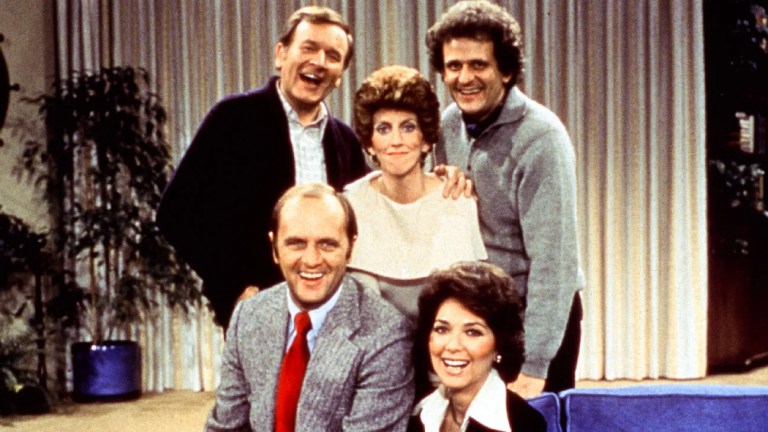
In his regular stand-up routines, Bob Newhart mastered the art of subtly, gauging audiences’ interest with his dialed-back delivery and relevant observational humor. Applying this characteristic to his own sitcom, The Bob Newhart Show carried that tradition forward, constructing a series around Newhart’s deadpan psychologist, Dr. Robert Hartley. With many of the jokes delivered courtesy of its exceptional supporting cast, The Bob Newhart Show never failed to get a laugh when audiences least expected it, whether in the form of a quip from Robert’s sarcastic wife (Suzanne Pleshette) or any one of his eccentric patients. Watch The Bob Newhart Show on Amazon Video.
Taxi
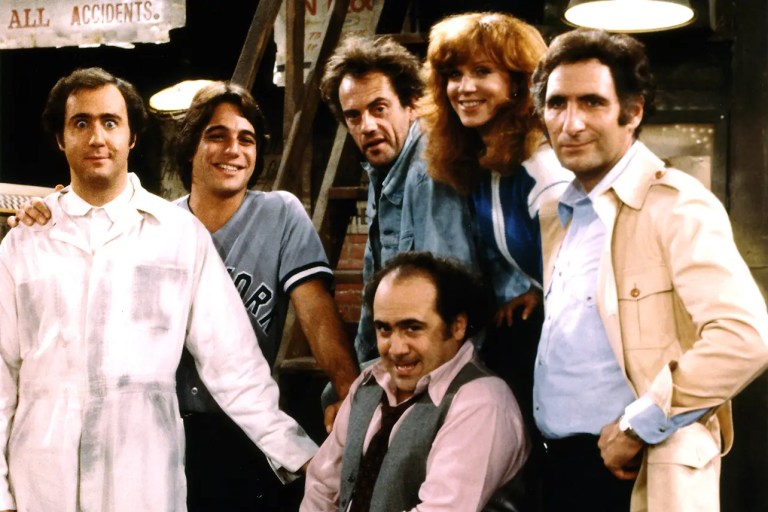
In theory, much of Taxi’s success can be attributed to one thing above all else: its cast. With an ensemble lineup that included Danny DeVito, Judd Hirsch, Christopher Lloyd, and Andy Kaufman, Taxi read like a who’s who of 1970s comedy, with each a16ctor expertly cast in their respective role. Added to that was the show’s impeccable writing and topical discussions of New York’s working-class communities, populated by characters struggling to eke out a living while pursuing their dream careers. Watch Taxi on Paramount+.
Soap
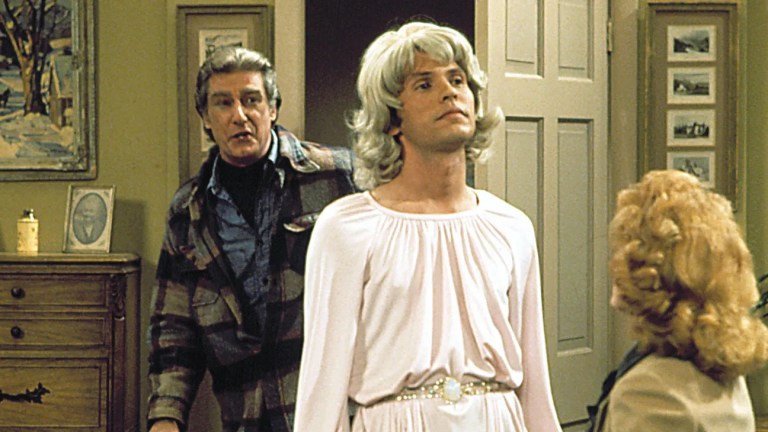
A series well ahead of its time, Soap took all the foremost conventions and stereotypes associated with soap operas and turned them on their head. Cobbling together such high-concept ideas as infidelity, alien invasions, demonic possessions, and murder plots (among others), Soap proved that no storyline was too bold or melodramatic for its regular narratives. For anyone who harbors a fierce hatred for shows like General Hospital or The Young & The Restless, Soap is as cathartic as it is hilariously over-the-top. Watch Soap on Tubi.
Happy Days
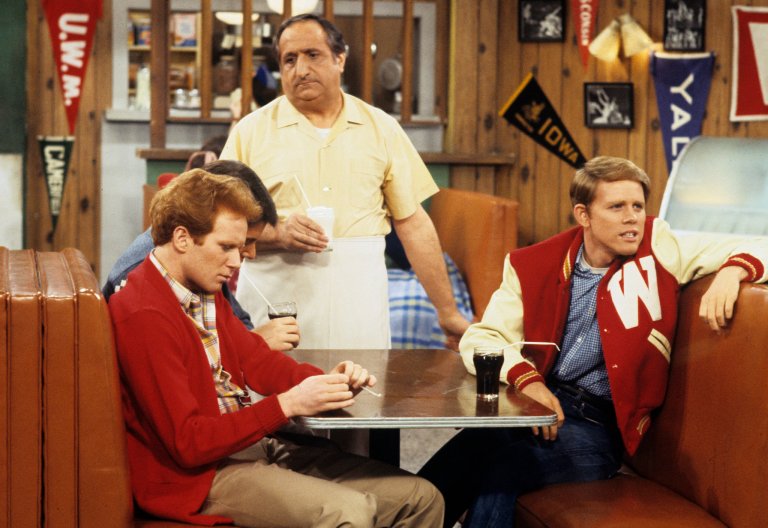
Virtually everyone associates Happy Days with Henry Winkler’s breakout character, the effortlessly suave Fonzie. While Happy Days became increasingly geared around the Fonz, at its heart, the series provided a light-hearted look at 1950s American suburbia, a decade torn between the conservative ‘40s and the ultra-radical ‘60s. Through its endearing portrait of youth culture, Happy Days became a sensational success in the mid 1970s, running for a total of 11 seasons and triggering acclaimed spin-off series in Laverne & Shirley and Mork & Mindy. Watch Happy Days on Amazon Prime.
